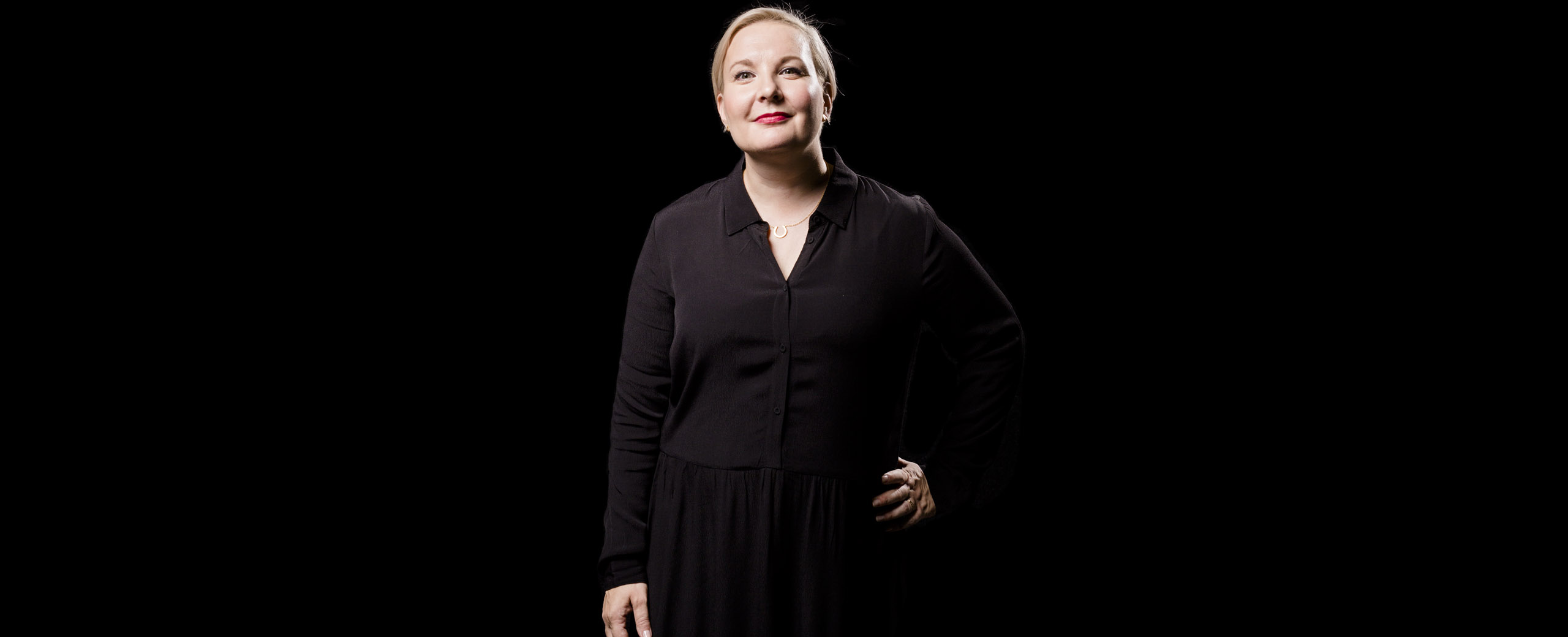For several years, Tim Berners-Lee has tried to repair his creation after it came to light through revelations by Edward Snowden that the internet had been turned into an enormous surveillance machine used by the U.S. National Security Agency (NSA) and the UK’s Government Communications Headquarters (GCHQ) and their allies to monitor the internet use of hundreds of millions of people.
More recently, Berners-Lee has voiced his concern about the growing phenomenon of internet shutdowns exercised by governments during, in particular, popular demonstrations and elections. Berners-Lee and his team have also identified a worrying decline in the growth of internet use among women and poorer people in rural areas.
According to the UN, the right to freedom and expression is one of the essential foundations of a democratic society.
The internet plays a central role in promoting and protecting these rights. From this, it follows that internet access is a basic human right, for which states and companies should fight. Appearing last week at the Web Summit, Berners-Lee said he wants to see governments, companies and individual citizens enter into a Contract for the Web. The final text of the contract will be published next May, which is when we will also see how much practical influence it will have on the future of the Web. It has got off to an auspicious start, although the nine basic principles of the contract are still so abstract that even the platform companies that have been worst hit by scandals have felt it appropriate to sign.
In his manifesto, Berners-Lee reserves his sharpest criticism for “those large platforms”. Yet Facebook and Google have, despite all the negative attention, signed the contract – and no wonder. They have every reason to want to have the second half of the world online. This would multiply the markets for their own services. Facebook and Google make money through advertising sales: the bigger and wider bulk of data they hold, the more interested their clients will be in buying it and the more accurately they will be able to target ad content to users.
As such, there is nothing wrong with this logic. If the users are willing to sell their data in exchange for services, they are free to do so. However, the model has become problematic because it dominates nearly all of social media and no competing models genuinely exist. To use services at all, consumers are compelled to hand over their data to platform companies, although many are increasingly apprehensive about the growing trend for data misuse and leaks.
At the same time, the General Data Protection Regulation (GDPR) has finally given the EU a tool with which to rein in the platform economy giants and to steer development towards a model that is more respectful of the rights of the individual. Margrethe Vestager, the European Commissioner for Competition, who also spoke at the Web Summit, has stressed that while Google has for years been an incredibly innovative driver of digital services, we must not put all our eggs in one basket. For too long, the model based on advertising revenue has been the only available option. It is high time we find new, fairer business models that guarantee that people stay in control of their own data while enjoying better services.
Sitra’s IHAN® project lays the foundations for a fair data economy. We create international rules and solutions for the fair exchange and use of data.

















Recommended
Have some more.